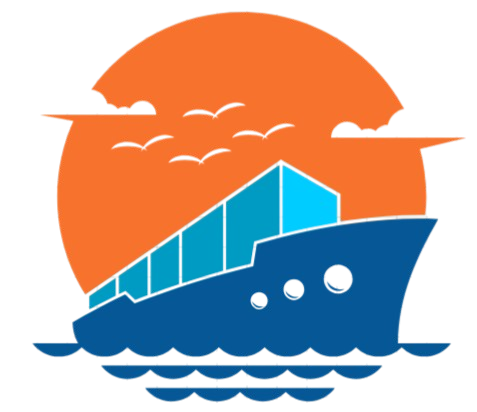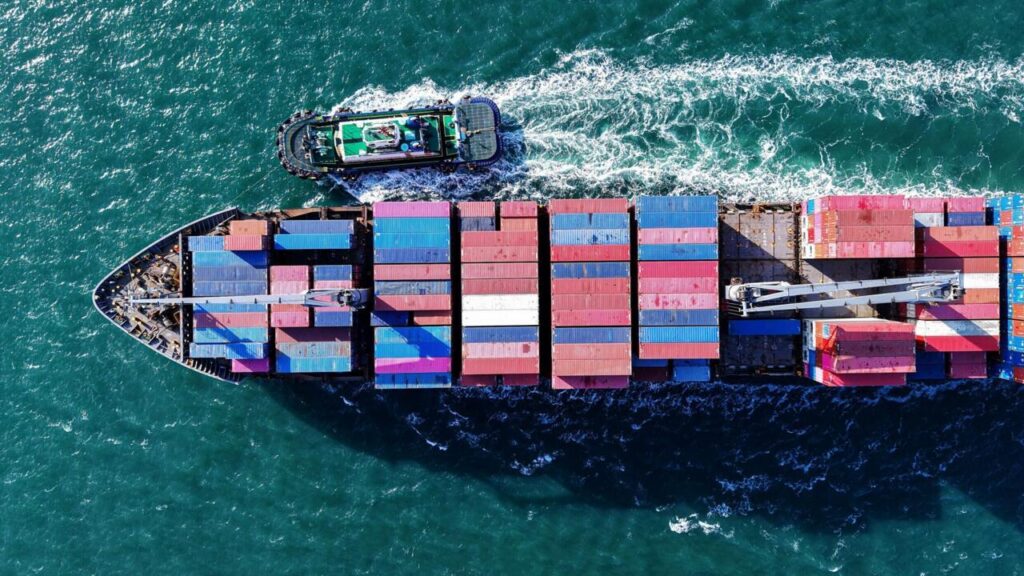The container shipping industry is at a crossroads, shaped by consolidation, geopolitical ambitions, and the relentless pursuit of scale. While predicting its future might seem like a game of chance, certain trends make the trajectory clearer. Here’s a breakdown of the forces driving the industry and the wild card that could change everything.
1. Consolidation is Inevitable
The logistics chain is feeling the strain of consolidation in container shipping. Shippers lament reduced service frequency, ports face fewer calls, and terminals grapple with unpredictable peaks. Yet, for carriers, consolidation isn’t just beneficial—it’s essential. Larger fleets and mega-ships demand massive investments, and only the biggest players can afford them. Overcapacity remains a persistent issue, forcing carriers to scrap younger ships or idle them. Since 2014, mergers have rapidly thinned the ranks of smaller carriers. By 2020, the industry could be dominated by just six global players with extensive networks. The message is clear: adapt or be absorbed.
2. COSCO’s Geopolitical Ascent
COSCO’s rise is nothing short of meteoric. From sixth place two years ago, it now ranks fourth globally—and could leap to third if its merger with OOCL succeeds. But COSCO isn’t just playing the commercial game. As a state-owned entity, its strategy is deeply geopolitical. China aims to secure supply chains and expand its maritime influence, and COSCO is the vehicle to achieve this. Its aggressive acquisitions, like the merger with China Shipping and its global terminal shopping spree, reflect this dual agenda. For COSCO, size isn’t just about profit—it’s about power.
3. Europe’s Double Standard
The EU’s stance on consolidation reveals a paradox. While it blocked the P3 alliance (a collaboration between Maersk, MSC, and CMA CGM) on competition grounds, it greenlit Maersk’s merger with Hamburg Süd. The unspoken truth? Europe favors its own champions. This selective enforcement weakens the EU’s ability to challenge China’s consolidation moves. If COSCO targets a European carrier, the EU’s competition arguments will ring hollow—having already tolerated similar concentration among its own players.
The Next Moves
The remaining smaller carriers—OOCL, Evergreen, and Yang Ming—are prime targets for COSCO. Geopolitics makes their acquisition almost inevitable; China won’t allow European firms to take control of companies in its backyard. COSCO’s cooperation with OOCL and Evergreen in the Ocean Alliance further cements its advantage. The bigger question is CMA CGM’s fate. Once the dominant force in the Ocean Alliance, it risks becoming a junior partner if COSCO absorbs OOCL and Evergreen. Rumors of COSCO’s interest in CMA CGM shares add another layer of intrigue. A minority stake could propel COSCO past Maersk, securing its position as the world’s largest carrier—and giving China indirect control over Terminal Link, a key terminal operator.
Wild Card: Europe’s Counterplay
France may resist Chinese advances into CMA CGM, even considering state intervention to block COSCO. But a more ambitious solution could emerge: a French-German shipping champion. A joint venture, backed by state investment, would not only counter China’s rise but also create the world’s largest carrier. It would be a bold statement of European unity—and a direct challenge to COSCO’s ambitions. For this to happen, political will is key. The French president’s next stop? Perhaps Hamburg.


